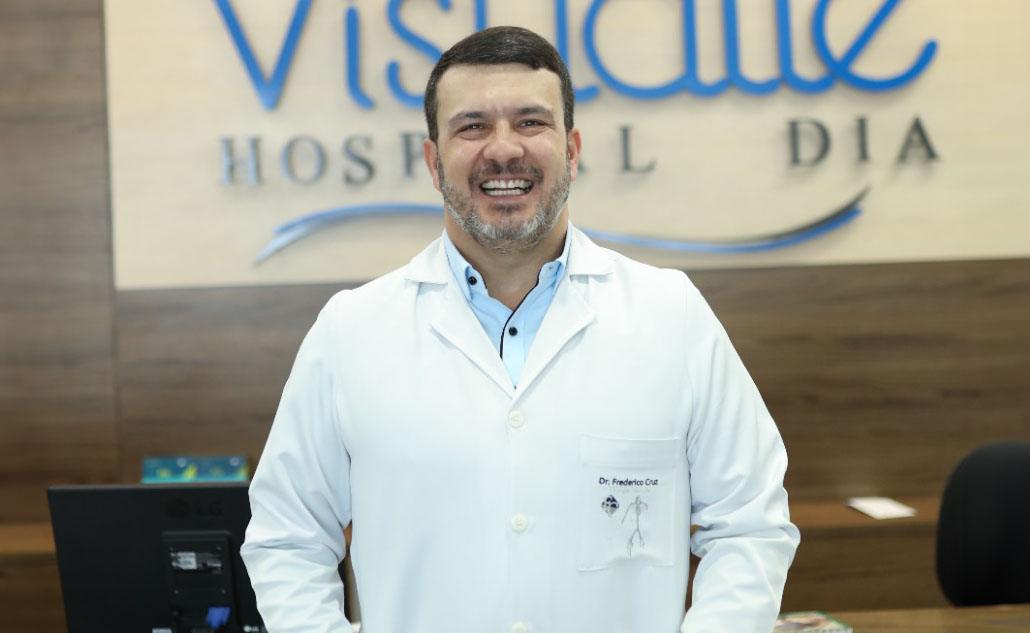In a healthcare system burdened by chronic conditions and reactive treatments, vascular diseases like varicose veins and chronic venous insufficiency remain largely underdiagnosed and undertreated. Though they affect tens of millions of Americans, these progressive conditions are often dismissed as cosmetic concerns until complications arise—by which point, patients may face debilitating symptoms and costly interventions. With rising rates of sedentary behavior, aging populations, and limited access to specialized care, the U.S. healthcare sector finds itself grappling with an overlooked crisis that threatens not only public health but also economic stability.
FSC Captivate LLC, a new venture based in Hallandale Beach, Florida, aims to confront this issue head-on. Set to begin operations soon, the company will focus on preventing and managing venous diseases by implementing a multidisciplinary model of care rooted in patient education, professional training, and the integration of digital health tools. While vascular procedures continue to draw attention for their technical sophistication, FSC Captivate seeks to shift the emphasis toward prevention—supporting both individuals and institutions in identifying and mitigating risk factors long before surgical treatment becomes necessary.
The physician behind this endeavor is Frederico de Sousa Cruz, a Brazilian-born vascular surgeon with more than two decades of experience treating complex venous conditions. A graduate of the Universidade Federal de Minas Gerais, Cruz has trained extensively in general and vascular surgery and has practiced throughout Brazil’s Midwest region, where his expertise has earned regional recognition. His path to this new chapter has been shaped not only by his clinical background but also by a career that has included roles in medical education, public service, and forensic medicine. This wide-ranging experience now informs his vision for FSC Captivate—a company that will prioritize long-term wellness over short-term procedures.
“We’ve seen too many patients reach us only after the disease has significantly progressed,” Cruz explained. “By the time treatment begins, their quality of life has already deteriorated. This is a failure of the system, and it’s one we can correct through education, early intervention, and access to better tools.”
The challenges are far-reaching. Roughly 30 million Americans suffer from chronic venous insufficiency, yet fewer than 2 million receive appropriate treatment each year. The consequences include pain, swelling, venous ulcers, and even life-threatening complications like deep vein thrombosis. For employers, this translates into lost productivity and rising disability costs. For the healthcare system, it means billions spent annually on hospitalizations and preventable surgeries. And for patients—especially women, older adults, and those in standing or sedentary jobs—the result is often years of unnecessary discomfort and diminished quality of life.
FSC Captivate will respond with a model designed for reach and scalability. Through tailored educational content, the company will help patients understand lifestyle modifications that reduce disease risk. At the same time, it will equip healthcare providers—including general practitioners, dermatologists, and cardiologists—with evidence-based training to better identify and manage early-stage venous disorders. Consulting services will be extended to clinics, hospitals, and wellness centers, providing a framework for best practices in conservative care and early diagnosis.
The company’s national ambitions are equally clear. By deploying telehealth solutions and remote patient monitoring, FSC Captivate plans to extend its services to underserved populations across the country. Corporate wellness programs will be developed to serve workers in high-risk occupations, and strategic collaborations will involve fitness centers and nutrition professionals to build preventive vascular care into everyday life. The broader aim is to establish a sustainable model that reduces hospital visits, cuts long-term costs, and ultimately enhances public health outcomes.
Cruz’s initiative comes at a pivotal time. As the demand for vascular specialists outpaces supply, the pressure is mounting for innovative solutions that bridge the gap between primary care and specialized intervention. By addressing that gap, FSC Captivate is poised to fill a critical void in the U.S. healthcare landscape. Its focus on education, access, and prevention—rooted in Cruz’s deep clinical insight—marks a forward-looking approach to one of the country’s most neglected health concerns.





























